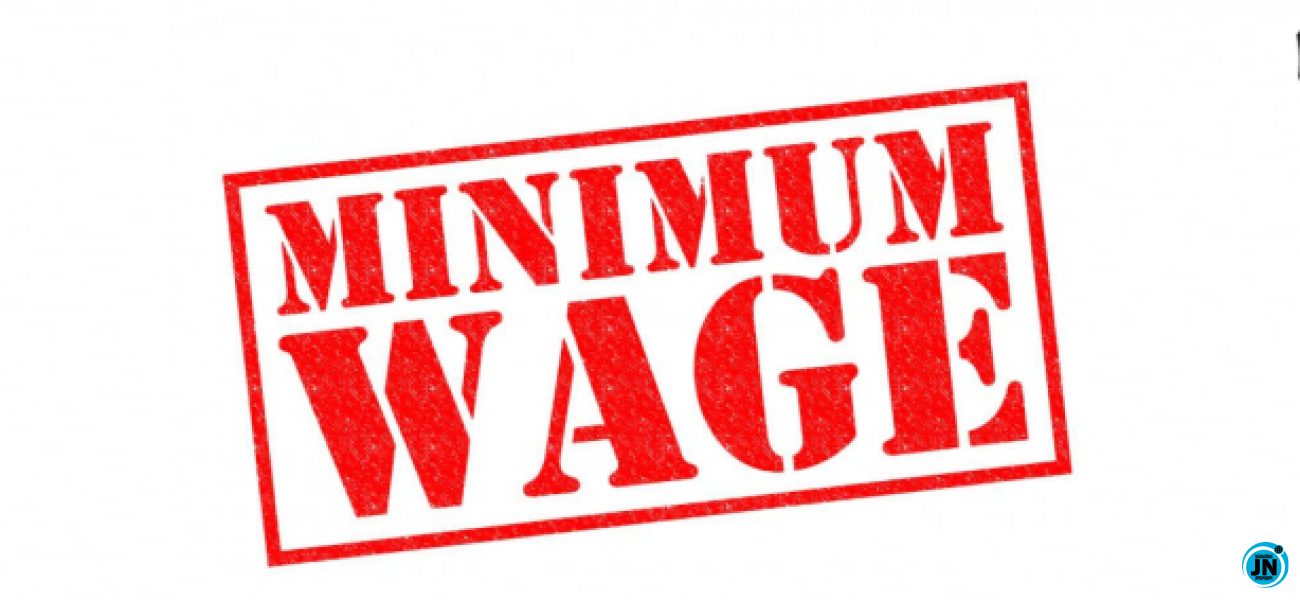Organized Labour across four states and the Federal Capital Territory (FCT) has expressed optimism that state governments will fulfill their promise to implement the new minimum wage by the end of January 2025, following the announcement of the new wage in Oyo State, which set the minimum wage at ₦80,000 for workers. This development has garnered attention as states scramble to meet the deadline set for the wage increase, aiming to address growing concerns about the cost of living and wage disparities.
Oyo State has led the charge by announcing the commencement of its new minimum wage payment on January 1, 2025, setting a significant precedent. The state government made a major move by depositing ₦12 billion into workers’ accounts. This payment structure saw workers on Grade Levels 1 to 6 receiving an increase of ₦50,000, while those on Grade Level 17 received a salary boost of over ₦180,000. This proactive approach by Oyo has sparked discussions and raised expectations among workers in other states.
While Oyo has already begun implementing the new wage, governments in Imo, Sokoto, Akwa Ibom, and the FCT have made similar commitments to ensure that their workers will receive the salary increases by the end of January. However, workers in states like Ebonyi and Cross River remain uncertain about the timeline for payment, as local governments in these areas have not yet provided clear details on when the new wage will be implemented. Some states like Lagos, Rivers, Edo, Ogun, and Kogi have already begun paying the increased wages in 2024, while others are planning to roll out the wage adjustment in 2025, depending on state-specific circumstances.
The issue of minimum wage payment has been a contentious one, with the Nigeria Labour Congress (NLC) and other trade unions raising concerns over delayed payments. In December 2024, a nationwide strike planned by Labour unions to protest the delay was called off after some state chapters, including those from Oyo, Imo, Sokoto, Katsina, and Akwa Ibom, withdrew at the last minute. The strike would have involved states like Kaduna, Nasarawa, Zamfara, and the FCT, which were more vocal about their concerns. This cancellation was seen as a temporary win for the government, which had assured that many states and the FCT Administration would begin paying the new minimum wage by January 2025. Minister of Labour and Employment, Muhammad Dingyadi, echoed these sentiments during a visit by the Association of Senior Civil Servants of Nigeria in December 2024, urging patience and assuring that his ministry was monitoring compliance levels in each state.
State Updates
Imo State: The Imo NLC Chairman, Uche Nwigwe, expressed cautious optimism regarding the government's commitment to the new wage, given the rising cost of living. Nwigwe acknowledged the high cost of goods but emphasized the importance of the wage increase. “We know prices of goods are high, but we’re looking forward to receiving the payment. Let us collect it first and then decide on the next line of action,” he said, signaling the desire for more tangible results from the government.
Sokoto State: Hamisu Hussaini, the NLC Secretary in Sokoto, confirmed that the state government had agreed to implement the ₦70,000 minimum wage by January 2025. He reassured workers that the ongoing workforce verification process would not delay the wage adjustment, as the union and the government had already resolved potential issues regarding the payment logistics.
Akwa Ibom State: The Akwa Ibom Government has announced plans to begin paying ₦80,000 as the new minimum wage to 45,985 verified public servants starting in January 2025. Governor Umo Eno has also authorized the retroactive payment of the increase, which will be applied from November 1, 2024. TUC Chairman Dominic Abang emphasized the importance of the wage increase, noting that workers are eagerly awaiting the adjustment to mitigate the impacts of inflation.
FCT: In the FCT, the Nigeria Union of Local Government Employees (NULGE) expressed hope that the new wage payments would begin soon. The union’s chairman, Kabir Abdullahi, highlighted the importance of addressing arrears alongside the current salaries, pending confirmation of federal allocations by the area councils. The anticipation of the payment has led to mixed reactions from workers in the region, with many expecting the government to fulfill its promise promptly.
Labour’s Call for Action
NLC National Treasurer, Hakeem Ambali, urged state governors to adhere to their obligation to pay the new minimum wage, including clearing any arrears owed to workers. He emphasized that the wage adjustment is not just a financial matter but also a legal mandate critical to maintaining industrial harmony. Ambali further called on the Federal Government to consider additional wage adjustments and economic interventions, as the current structure has not provided adequate relief for Nigerian workers, particularly in the face of inflation and rising living costs.
Tommy Etim-Okon, the TUC National Deputy President, warned that any governor failing to implement the new wage risked alienating their administration from the people. He reiterated that salary payment is not a privilege but a right that must be respected, and he called for meaningful adjustments to ensure fair pay across various grade levels in the public sector. Etim-Okon’s statements reflect the growing frustration among workers, who are demanding immediate action from their state governments.


